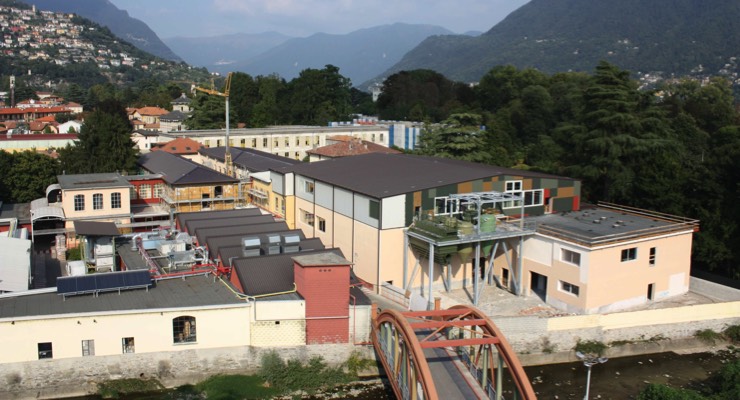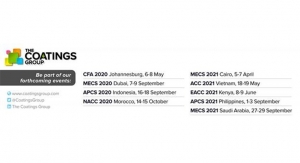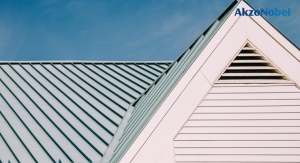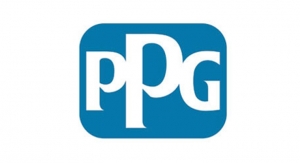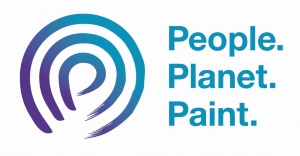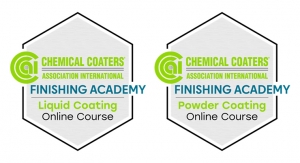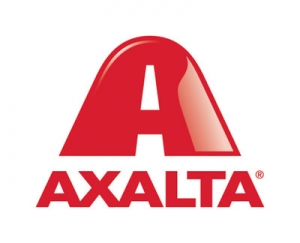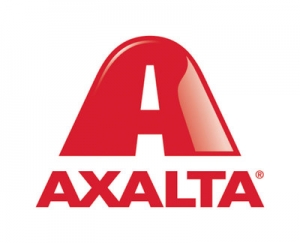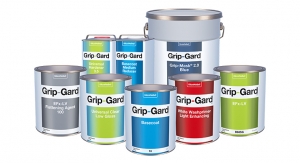Coatings World staff09.25.20
AkzoNobel is investing €20 million to increase powder coatings capacity at its site in Como, Italy.
The Como site – already the company’s biggest plant in Europe for producing powder coatings – is set to house a major capacity expansion for the production of automotive coatings.
The new facility will provide strategic back-up for AkzoNobel’s Arnsberg site in Germany (where a new line is also being added), helping to secure customer supply.
The extra capacity in Como is being installed in a renovated building where powder coatings were originally made – sustainable reuse of a historic part of the site.
As well as introducing advanced equipment and technology to deliver higher productivity rates and efficiency gains, the new operation in Como will also use recycled energy to reduce consumption.
It follows recent investments in China and Vietnam designed to install greener facilities and production methods, which in turn will help the company to achieve its sustainability ambitions.
“We’re implementing a structured expansion plan to boost capacity at both our Como and Arnsberg sites,” said Daniela Vlad, business director of AkzoNobel Powder Coatings. “It will help to strengthen our market position and provide us with back up should we encounter supply issues.”
The new building in Como and extra line in Arnsberg will help the company continue to grow with its customers, particularly in the automotive segment.
“Although powder coatings are already inherently sustainable, we’re also committed to making our own buildings and facilities as sustainable as possible,” said Vlad. “The company has set a clear ambition to reduce its carbon emissions by 50 percent in 2030 and become carbon neutral by 2050, so we’re accelerating our efforts to embrace renewable energy and introduce more smart manufacturing technology.”
The Como investment follows August’s announcement about a major plant expansion at the company’s Amata Industrial Park facility in Vietnam.
Meanwhile, another recent upgrade in Guangzhou, China, involves switching over completely to water-based products.

